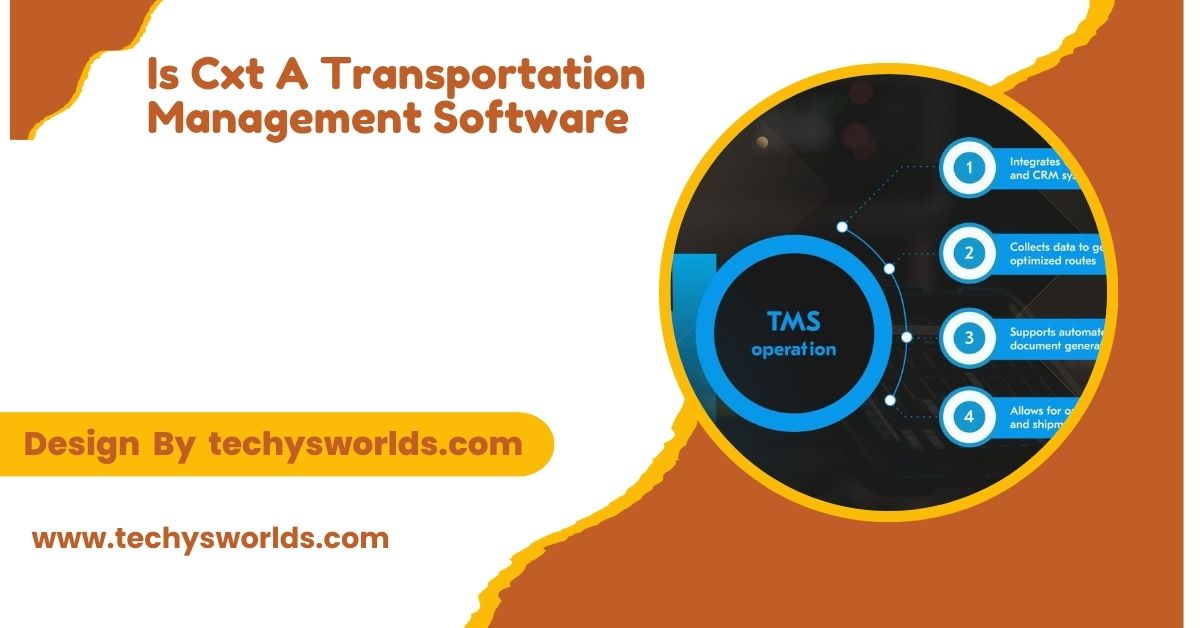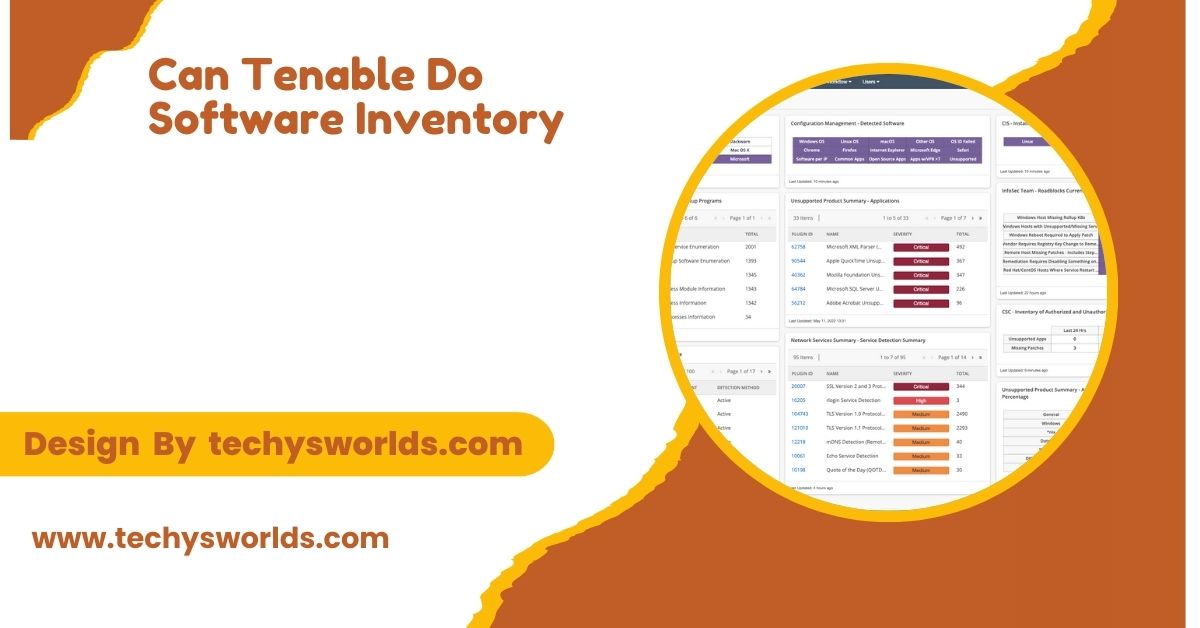Software sales jobs offer dynamic career opportunities with strong earning potential, requiring a combination of technical knowledge, communication skills, and persistence to succeed in a rapidly growing industry.
In this article, we’ll delve into everything you need to know about software sales jobs, from the different roles available to the skills required to succeed in the field.
What Are Software Sales Jobs:

Software sales jobs involve selling software products or services to businesses, organizations, or individual consumers. The primary objective of software sales is to persuade potential clients to purchase software solutions that meet their needs. This can range from selling enterprise software to small businesses, to offering SaaS (Software-as-a-Service) solutions for startups. Software sales professionals work closely with customers to understand their business needs, recommend suitable products, and drive sales through various channels such as cold calling, email campaigns, and face-to-face meetings.
These roles require a combination of technical knowledge about software products, strong interpersonal skills, and the ability to negotiate and close deals. In most cases, software sales professionals work alongside product development, marketing, and customer support teams to ensure the successful sale and implementation of the product.
Key Roles in Software Sales Jobs:
Software sales encompass a variety of job roles, each with distinct responsibilities and expectations. Whether you’re just starting in the field or are an experienced professional, there’s a role in software sales for almost every skillset.
Also Read: Best Tax Software – A Comprehensive Guide!
Account Executive (AE):
Account Executives are responsible for driving the sales process and closing deals. They typically manage a specific territory or set of clients, often reaching out to prospective customers through calls, emails, and face-to-face meetings. AEs are often tasked with identifying sales opportunities, conducting product demos, and negotiating contracts. Their success is typically measured by how many deals they can close and how much revenue they can generate for the company.
Sales Development Representative (SDR):
Sales Development Representatives play a crucial role in generating leads and qualifying prospects. They focus on the top of the sales funnel, conducting research to identify potential customers, reaching out to them, and qualifying their interest. SDRs often work in tandem with Account Executives, handing off warm leads to them for further engagement. SDRs are expected to be persistent, organized, and skilled in cold calling and email outreach.
Customer Success Manager (CSM):
Customer Success Managers ensure that customers continue to see value in the software product after it’s been sold. They work closely with clients to ensure smooth onboarding, address any issues, and identify opportunities for upselling or cross-selling additional products. CSMs help build long-term customer relationships, which is essential for renewal sales in SaaS models.
Sales Engineer:
Sales Engineers bridge the gap between technical product knowledge and sales. They work with Account Executives to provide technical demonstrations, answer customer questions about product functionality, and assist with technical aspects of the sales process. Sales Engineers are often highly knowledgeable in the product’s technical specifications and have the ability to communicate complex technical concepts in a way that’s understandable to non-technical decision-makers.
Channel Sales Manager:
Channel Sales Managers are responsible for working with external partners or resellers to promote and sell software products. They manage relationships with channel partners, providing them with the necessary resources, training, and support to sell the software. This role requires a solid understanding of both the software products and the partner ecosystem.
Skills Required for Software Sales Jobs:

To succeed in software sales, there are several essential skills and traits that professionals must possess. These skills ensure that you are able to effectively connect with customers, demonstrate the value of the software, and close deals.
Technical Knowledge:
While software sales professionals don’t need to be developers, a strong understanding of the software they are selling is crucial. Understanding the features, benefits, and potential limitations of the product will help you answer questions, address objections, and sell more effectively. In some cases, specialized knowledge in fields like cloud computing, data security, or SaaS may be necessary.
Communication Skills:
Effective communication is at the core of software sales. You need to be able to present technical concepts in a clear, compelling manner, whether you’re speaking to a technical team or a business executive. Strong verbal and written communication skills are essential for crafting persuasive emails, delivering engaging presentations, and building rapport with clients.
Problem-Solving Abilities:
Clients seek software solutions that address their unique business challenges. Being able to identify pain points and propose solutions that meet the client’s needs is a critical skill in software sales. Problem-solving skills help sales professionals understand customer needs and position the right product to address them.
Negotiation Skills:
Negotiating is a key aspect of software sales, especially when it comes to pricing, terms, and conditions. Successful salespeople need to be able to negotiate effectively to close deals while ensuring both the client and the company are satisfied with the agreement.
Persistence and Resilience:
Sales can often be a numbers game, and rejection is inevitable. Successful software sales professionals must have the resilience to push through setbacks, maintain motivation, and stay focused on reaching their sales targets. Persistence is key to building long-term success in the field.
Relationship-Building:
Building strong relationships with clients is crucial for success in software sales. Happy clients lead to repeat business, referrals, and opportunities for upselling or cross-selling additional products. Relationship-building requires empathy, trustworthiness, and excellent customer service skills.
Time Management and Organization:
Sales professionals juggle multiple prospects, meetings, and follow-ups at once. Strong time management and organizational skills are necessary to prioritize leads, keep track of opportunities, and follow up promptly to avoid missing sales.
Software Sales Process:
The software sales process typically follows a structured sequence of steps to move potential clients from initial interest to closing the deal. Each stage of the sales process requires different strategies and approaches, making it essential for salespeople to adapt to the changing needs of the customer.
Also Read: OBS Studio Download – The Complete Resource!
Prospecting:
The first step in the software sales process is identifying potential customers. This involves researching businesses, understanding their pain points, and determining whether your software can provide a solution. Prospecting can include cold calls, email outreach, networking, and leveraging social media.
Qualification:
Once a prospect is identified, the next step is to qualify them. This means determining whether the lead has the budget, authority, and need to purchase your software. A qualified lead is one who is more likely to convert into a paying customer.
Product Demonstration:
After qualifying a lead, the next step is to demonstrate the software’s features and capabilities. During this stage, sales professionals highlight how the product can solve the client’s specific pain points. This can involve a live demo or offering free trials, depending on the type of software.
Proposal and Negotiation:
After a successful demo, the salesperson presents a proposal outlining the pricing, terms, and conditions of the software purchase. Negotiation often occurs during this phase, as customers may request discounts or additional features.
Closing the Deal:
The final step in the sales process is closing the deal. This may involve finalizing contracts, addressing any last-minute objections, and ensuring both parties are happy with the agreement. Closing the deal successfully often relies on the salesperson’s ability to create a sense of urgency and offer the client a compelling reason to sign the contract.
Post-Sale Follow-Up:
Even after closing a deal, the salesperson must follow up to ensure a smooth implementation of the software. This helps to build long-term relationships with the client, which is especially important in SaaS and subscription-based sales models.
FAQ’s
1. What qualifications do I need for a software sales job?
Experience and understanding of the software being sold are more important than formal qualifications. A background in business or marketing can be beneficial.
2. How much can I earn in a software sales job?
Salaries vary but often include a base salary plus commission. Top performers can earn six figures or more.
3. Do I need technical knowledge to work in software sales?
Basic technical knowledge is helpful, though specialized knowledge is required for certain roles like Sales Engineers.
4. What industries hire software sales professionals?
Industries like technology, finance, healthcare, education, and retail all need software sales professionals.
5. What is the career growth potential in software sales?
There is significant career growth potential in software sales. Entry-level positions like Sales Development Representative can lead to higher roles like Account Executive and VP of Sales.
Conclusion
Software sales jobs offer great career growth and financial rewards. With strong technical knowledge, effective communication, and persistence, sales professionals can excel in this growing field. As demand for software solutions increases, there are vast opportunities for success. This dynamic industry promises a promising future for those entering software sales.
Related Posts
Also Read: AMD Radeon Software – A Thorough Introduction!
Also Read: Free CAD Software – An In-Depth Overview!
Also Read: Best Video Editing Software – A Comprehensive Guide for 2024!
Also Read: Live Chat Software – A Guide to Improving Customer Support!



